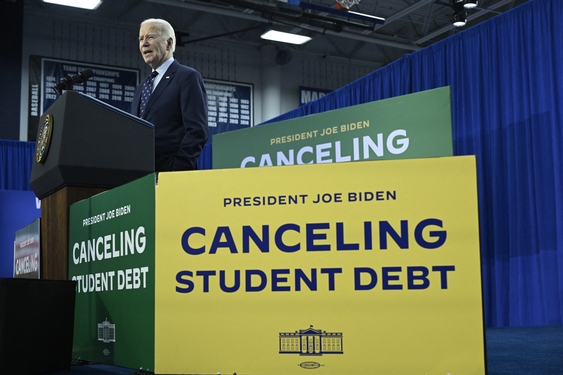In politics, particularly election politics, names and labels are of enduring importance. For candidates, what you are can easily become who you are: John Kerry and Mitt Romney were successfully labeled as “flip-floppers” by their opponents and needed to spend much of their respective campaigns defending who they were through the lens of what they had supposedly become.
In 1964, President Lyndon Johnson successfully labeled challenger Arizona’s Senator Barry Goldwater as a “dangerous” loose cannon in the nuclear age. In 1960, conversely, Senator John Kennedy transcended fears of his “Papist” Catholicism and won a narrow victory against Richard Nixon.
Yet this year, in a notable break from history, contentious names and labels are increasingly ascribed to voters as well as candidates.
Principally seen in the tight Democratic race, pundits, analysts and political prognosticators have all heaped labels on the divided electorate in hopes of categorizing and quantifying the bases of support for Senators Barack Obama and Hillary Clinton. Obama, we are told, appeals to “Starbucks” Democrats, “wine and cheese” Democrats and “upscale” Democrats. Clinton’s base is the “Dunkin’ Donuts” Democrats, the “Wal-Mart” Democrats and the “downscale” Democrats.
All terms are pejorative or at the very least myopic, as pundits attempt to combine various socio-economic factors into a single buzzword. Aside from the obvious fact that the candidates do draw some support from across the spectrum, rendering these generalizations specious at best, labels can disenfranchise and dishearten voters who dislike the reflection of themselves they see in the media.
Are Dunkin’ Donuts and Wal-Mart synonymous with “downscale?” Is “Starbucks” synonymous with success and “upscale” living? So goes a critical question of our future: is your basic democratic identity tied indelibly to the receipts in your wallet and the coffee you drink?



